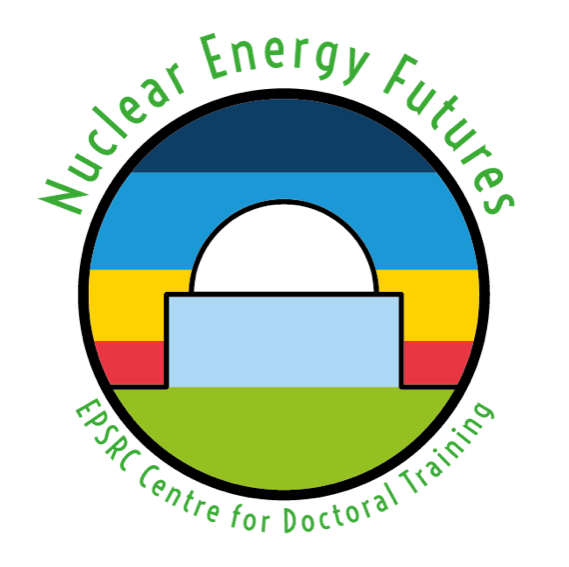
Powerline
How much power does your toaster consume? Does it consume more energy than your kettle? What about your car, or the university and offices you may study or work in? And what about your own country and its essential businesses and industries?
In truth, most of us use everyday objects, different means of transport without knowing how much power they consume. We also rarely know how much power is converted inside different power station and yet have strong opinions about our energy future in the context of climate change.
Through playful comparison with friends, this DIY game intitled 'Powerline' aims to improve your knowledge about the power consumption/production of many entities our societies rely upon and insight for constructive discussions around how to produce and consume energy in the near future.
Download the Game Here
The game contains 6 sets of cards: appliances, buildings, electronics, power plants, transport and world!
Enjoyed this? Want to try more? Have a look at these:
A School Trip To A Nuclear Power Plant
An Escape Room Adventure
During a tour of a nuclear power plant you suddenly find yourself completely lost and completely alone. What would you do? Most importantly, would you make it out alive?
In this book you take control.
Working from the ground up you will learn how nuclear power provides electricity for your home. Face to face with highly radioactive nuclear fuel waste - you will learn how to reduce your radiation dose.
Build a Reactor
The following packages introduces the basics of what goes into a nuclear reactor and why. Two information sheets provide a brief view of both Fission and Fusion power and the materials that go into these, with a short quiz to review. You can then build your own reactor with different materials to help give an idea of what is done in the industry today.



